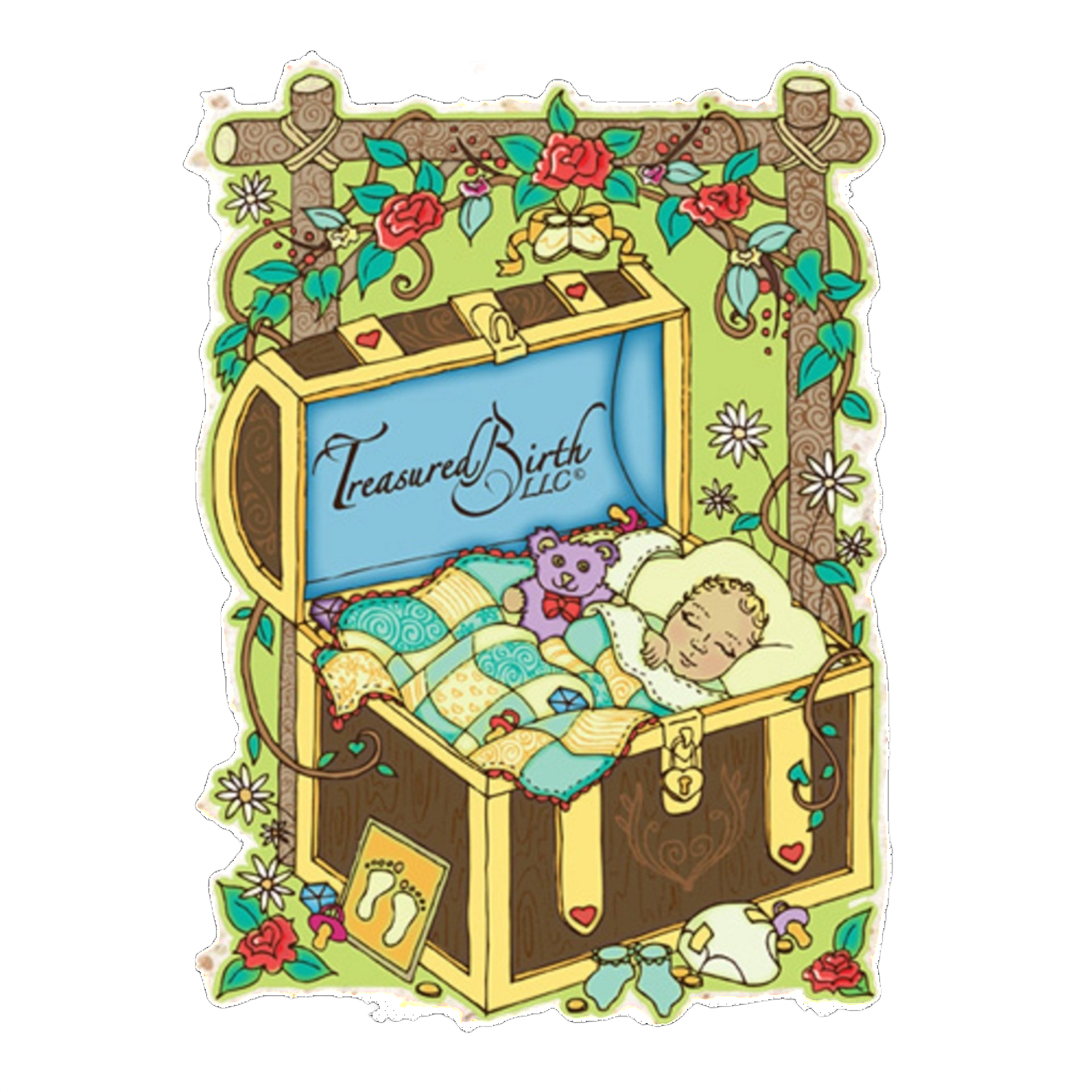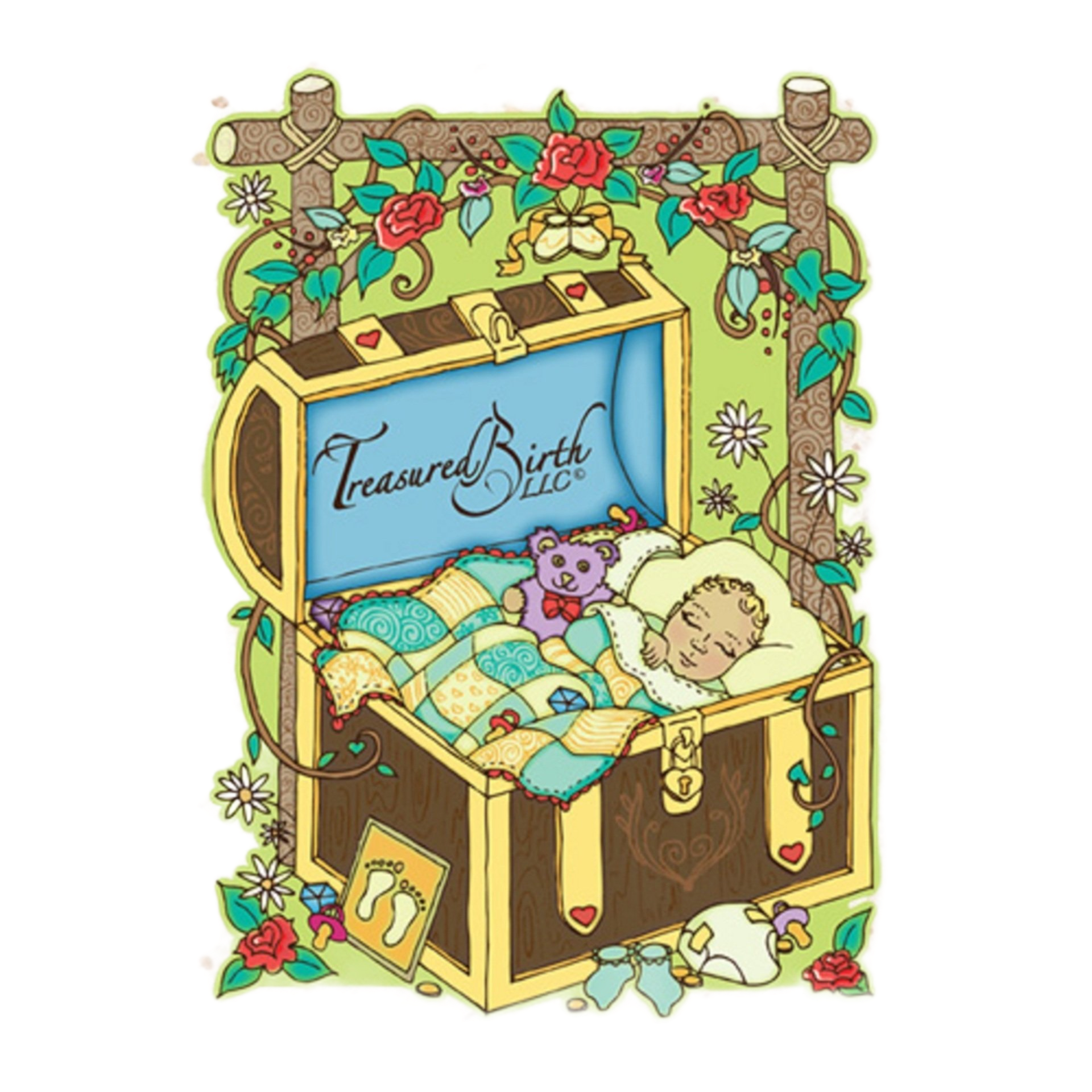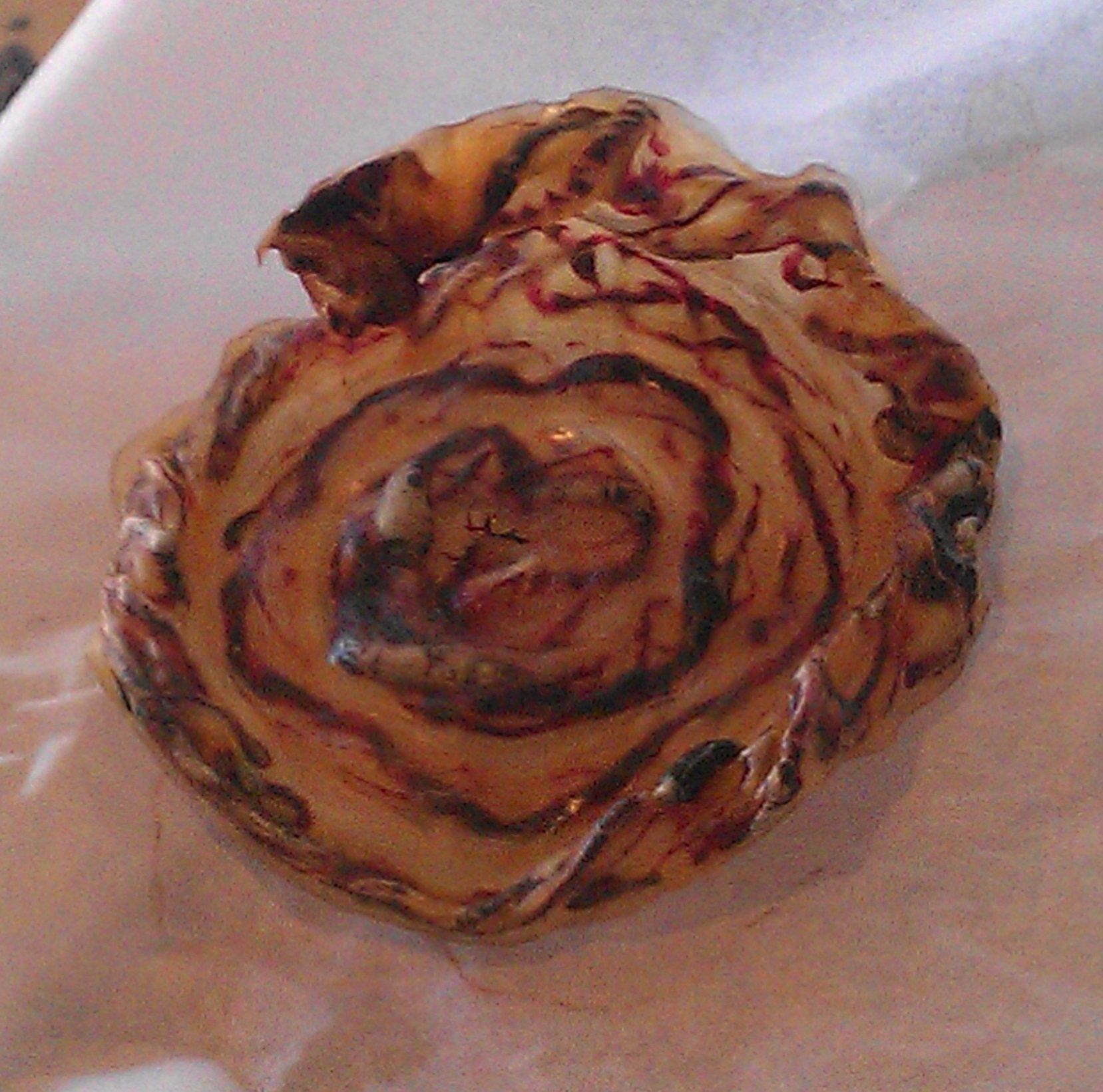Placenta Encapsulation
Do All Women Experience The Baby Blues?
Women suffer through the baby blues almost as a rite of passage to motherhood, but it doesn’t have to be this way! During normal birth, women lose 1/8-1/10 of their blood supply. The mammal placenta was made to be consumed and make up for this loss by giving the new mother essential fats, amino acids, vast amounts of iron and essential hormones to aid the body in self-recovery after birth. The Baby blues are a common occurrence with over 85% of mothers experiencing it within the first days or weeks after giving birth. Because it is so common, nothing is typically done about it until it worsens into a diagnosis of postpartum depression. When a new mother is diagnosed with postpartum depression, her health care provider may prescribe antidepressants. As with all medications, antidepressants are passed to the baby through breast milk. Some mothers may not want to expose their babies to these medications. Is there an alternative? Faced with a decision to either stop breastfeeding or struggle with depression, placenta encapsulation is a safe, non-medicinal option.
Placenta Encapsulation Benefits
Although current research on human placentophagy does not exist in abundance, what we do know is that women who take placenta capsules report fewer postpartum emotional difficulties. They have reported increased energy, faster healing, increased lactation supply, and overall, a more pleasant postpartum recovery. Fatigue is also a major contributor to the development of postpartum depression. There is a strong correlation between fatigue and iron deficiency anemia, Which can happen when there is blood loss after delivery. The placenta is an incredible source of natural iron which has a much greater bio-availability than a manufactured iron supplement. Research has shown that increasing iron levels through supplementation can lower the overall risk for beginning postpartum depression. By providing adequate iron via a natural source such as the placenta, women can lower their risk of obtaining postpartum depression. Other new studies have revealed that placentaphagia can curb postpartum depression by replacing maternal bodily nutrients lost in birth.The placenta contains very high levels of vitamins such as B6. This vitamin is known to specifically help with avoidance of postpartum depression. By consuming her placenta, the mother can reclaim these lost vitamins and put them back to use in her own body. During the last trimester of pregnancy, the placenta secretes high levels of CRH, also pouring great quantities into the expectant mother’s bloodstream. CRH is a natural anxiety and stress reduction hormone. Following birth, the mother often has a much lower than average level of this hormone in her body. This can contribute to the Baby Blues or even postpartum depression. When CRH is being produced during the final weeks of pregnancy, the hypothalamus shuts down its production. After birth, the Hypothalamus hasn’t yet begun to compensate for the low levels of CRH.
Your Placenta Contains your own natural hormones; Is perfectly made by your body for you; Balances your system; Replenishes your depleted iron if you are anemic or had blood loss; Gives you more energy; Lessens lochia postnatally; Hypothesized to increase milk production; Equalizes bodily hormones postnatally.
How Much Does It Cost?
The cost for a non-doula client for Placenta Encapsulation, which includes pick-up and delivery at the birth location of your choice is
$200.00, at locations within 1-hour of the Minneapolis-St. Paul area, arrangements for an extra surcharge for transportation can be made. For more details on encapsulation, please contact Treasured Birth, LLC.


